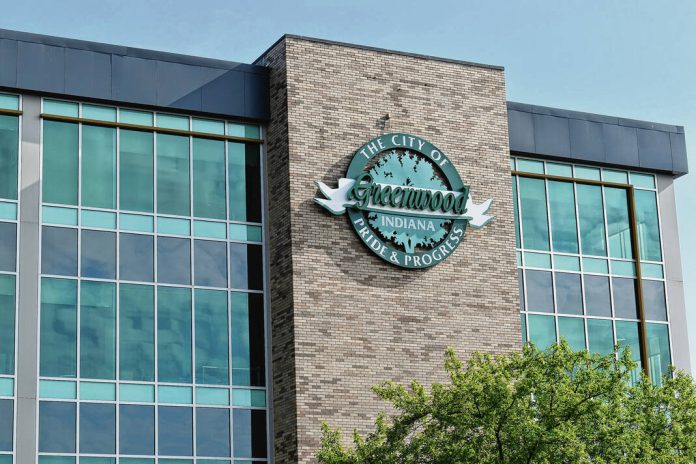Greenwood City Council members rejected a request to amend a $5.5 million tax abatement agreement for a speculative building.
The city council unanimously voted 9-0 Monday to reject amending a $5.5 million tax break they initially granted to GLA Properties LLC in April 2021 for Building 4 of their project within the Worthsville Commerce Center. With the rejection, the original terms of the 2021 agreement remain unchanged.
Back in 2021, GLA Properties had asked the city council for the abatement because they were building a speculative 182,000-square-foot commercial building at an expected cost of $8.5 million. They had asked for a 10-year, roughly $5.6 million tax break. They are expected to pay about $5.5 million in taxes over the course of the 10-year period, according to city documents.
The speculative building was expected to be built on nine acres at the southeast corner of Collins Road and Allen Road.
However, those plans have since changed. As part of Scannell’s efforts to develop the final parcel within the Worthsville Commerce Center, they partnered with KSM Location Advisors to amend the existing tax abatement to match the current planned development.
“Due to differences between the planned building square footage and parcel areas noted in the initial filing when compared to the final planned development, we felt this amendment was warranted to ensure compliance with the previously granted abatement,” Scannell Properties Development Associate Justin Olashuk wrote in a letter that was attached to the city’s proposed ordinance.
Building 4 is now planned to be an approximately 89,527-square-foot building, expandable by an additional 27,780 square feet. It would sit on about 35 acres of land, the letter shows.
Although the new plans represent a “significant reduction in total building square footage,” Olashuk wrote that the increased pavement, utilities and other infrastructure required as part of the site development would offset the decreased building costs. Because of this, Scannell was not requesting any modifications to the $8.5 million investment they had noted in their initial application, the letter shows.
City Controller Greg Wright told the city council Monday night that part of the reason for the changes was because of the current environment for construction materials.
“The difference between 2021 and now has changed what they can build with their money,” Wright said. “So they would like the approval so that they can reduce the footprint and still invest the same amount of money.”
Council member Michael Williams said he would vote against amending the tax abatement, saying he was keeping in line with how he voted in 2021. Williams and council members Ron Bates and Brad Pendleton had also voted against the tax break in 2021.
Council member David Hopper took issue with the decrease in building size. It would lead to a deduction of assessed value — which is what tax abatements are based on, he said.
“Most of the time we vote on these tax abatements it’s based on what the assessed value of the building is going to be,” Hopper said.
Hopper then said he was going to vote against amending the tax break as well.





